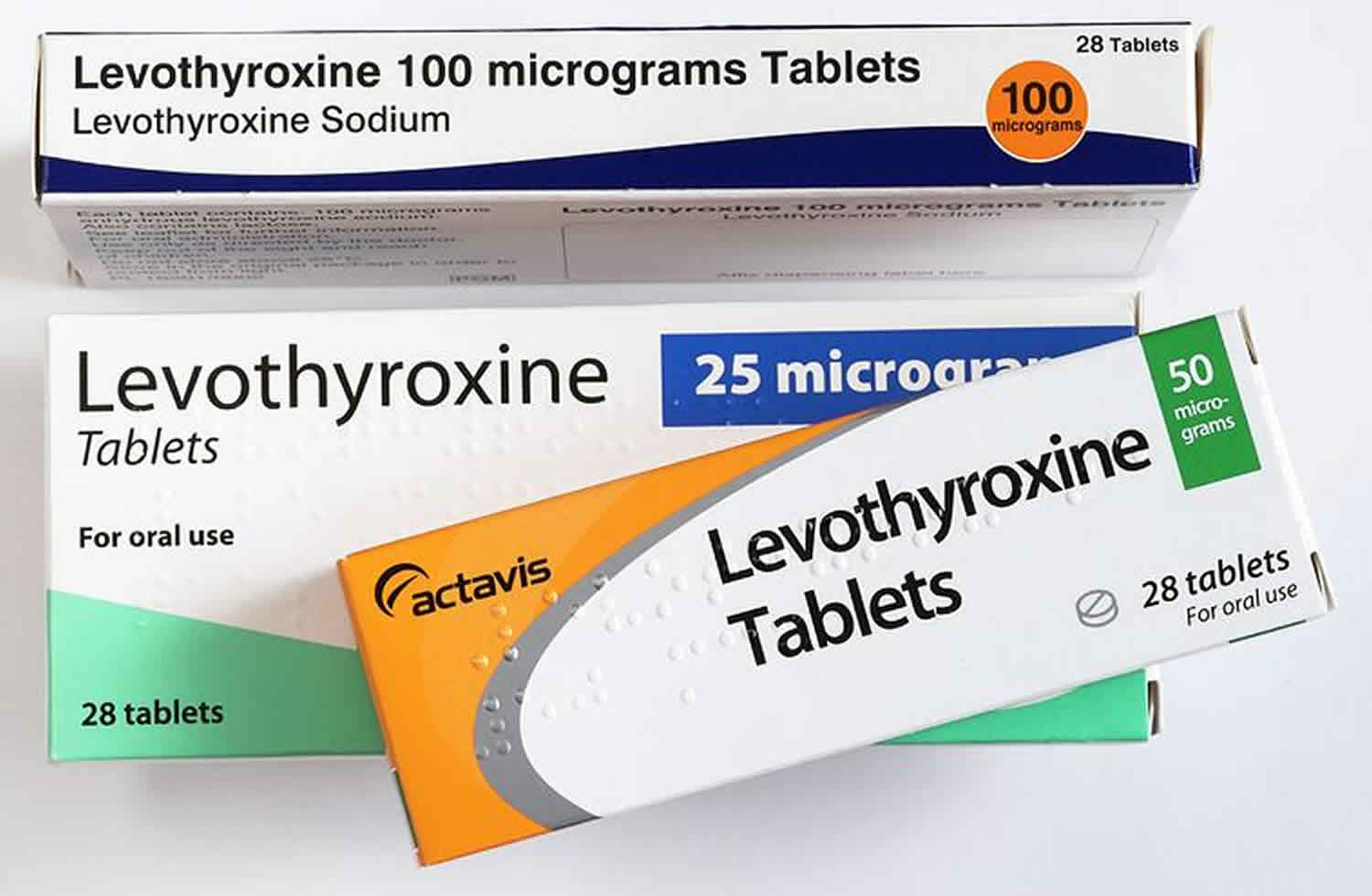Ozempic Insurance Benefits Explained

The world of pharmaceuticals has witnessed a significant surge in the development of medications targeting various aspects of health, with one of the most notable areas being the management of type 2 diabetes and weight loss. Ozempic, known generically as semaglutide, has emerged as a leading medication in this arena, approved by the FDA for the treatment of type 2 diabetes and, under the brand name Wegovy, for chronic weight management. However, with the introduction of any medication comes the question of accessibility, particularly in terms of insurance coverage. Understanding Ozempic insurance benefits is crucial for individuals considering this treatment option.
Introduction to Ozempic
Before diving into the insurance aspects, it’s essential to have a basic understanding of what Ozempic is and how it works. Ozempic is a glucagon-like peptide-1 (GLP-1) receptor agonist, which means it mimics a natural hormone in the body that helps regulate blood sugar levels. By injecting Ozempic once a week, patients can lower their blood sugar levels, reduce their risk of major adverse cardiovascular events, and experience weight loss. The success of Ozempic in managing type 2 diabetes and aiding in weight loss has made it a sought-after treatment, but its relatively high cost can be a barrier for many without adequate insurance coverage.
Insurance Coverage for Ozempic
Insurance coverage for Ozempic can vary widely depending on the individual’s insurance plan, the purpose of the prescription (whether for diabetes or weight loss), and the location. For individuals with type 2 diabetes, Ozempic might be covered by their health insurance as part of their diabetes management plan. However, for those seeking Ozempic for weight loss, the situation can be more complex. Many insurance plans do not cover medications for weight loss unless certain conditions are met, such as a BMI over 30 or 27 with at least one weight-related condition.
Factors Influencing Coverage
Several factors can influence whether Ozempic is covered by insurance and to what extent: - Prescription Purpose: As mentioned, the reason for the prescription can significantly affect coverage. Diabetes management is more commonly covered than weight loss. - Insurance Plan Type: Different types of insurance plans (Medicare, Medicaid, private insurance) have varying levels of coverage for prescription medications like Ozempic. - Deductibles and Copays: Even with coverage, individuals may face deductibles and copays that can make accessing Ozempic challenging. - Prior Authorization: Some insurance plans require prior authorization for Ozempic, which involves the healthcare provider demonstrating the medical necessity of the medication.
Patient Assistance Programs
For individuals who face challenges in accessing Ozempic due to insurance limitations, patient assistance programs (PAPs) can offer a lifeline. Pharmaceutical companies, including the manufacturer of Ozempic, often provide these programs to help reduce the cost of medications for eligible patients. These programs can include discounts, rebates, or even free medication for those who qualify based on income level or lack of insurance coverage.
Navigating Insurance Benefits
Navigating the complexities of insurance benefits for Ozempic can be daunting, but there are steps patients can take: 1. Consult with Your Healthcare Provider: Discuss the potential benefits and challenges of Ozempic with your doctor, including how to approach your insurance provider. 2. Contact Your Insurance Provider: Reach out to your insurance company directly to inquire about coverage for Ozempic, including any requirements for prior authorization or the need for appeals if coverage is initially denied. 3. Explore Patient Assistance Programs: If insurance coverage is insufficient, look into PAPs offered by the manufacturer or non-profit organizations that may help offset the cost of Ozempic. 4. Advocate for Yourself: Be prepared to advocate for your healthcare needs, which may involve providing additional medical information to support your request for coverage.
Conclusion
Access to Ozempic, like many prescription medications, is influenced by a complex interplay of insurance coverage, medical necessity, and individual financial circumstances. While navigating these factors can be challenging, understanding the specifics of Ozempic insurance benefits and exploring all available options can help individuals make informed decisions about their healthcare. As the healthcare landscape continues to evolve, so too will the ways in which medications like Ozempic are covered and accessed, highlighting the importance of ongoing advocacy and education for both patients and healthcare providers.
Is Ozempic covered by all insurance plans for type 2 diabetes management?
+No, coverage for Ozempic can vary by insurance plan. While many plans cover Ozempic for the management of type 2 diabetes, the extent of coverage and any associated copays or deductibles can differ.
Can I get Ozempic for weight loss if my insurance doesn’t cover it for this purpose?
+Yes, there are options to explore if your insurance does not cover Ozempic for weight loss. Patient assistance programs, discounts, or clinical trials might be available. It’s also worth discussing potential alternatives or additional evidence with your healthcare provider to appeal the insurance decision.
How do patient assistance programs work for Ozempic?
+Patient assistance programs for Ozempic are designed to help reduce the cost of the medication for eligible patients. These programs, often provided by the manufacturer or non-profit organizations, can offer discounts, rebates, or free medication based on income level, insurance status, or other criteria.



